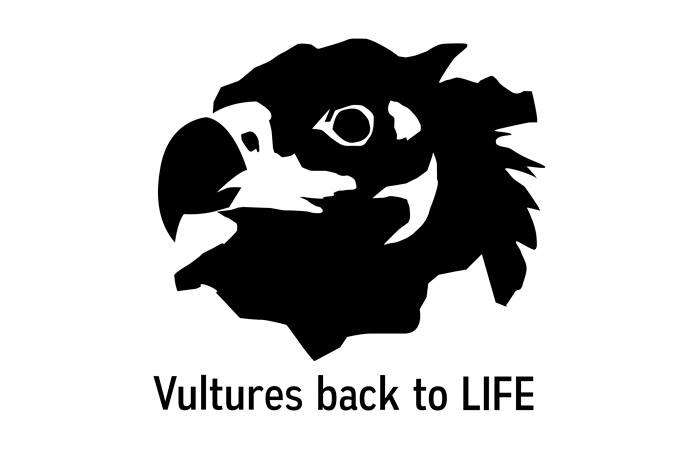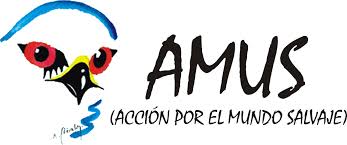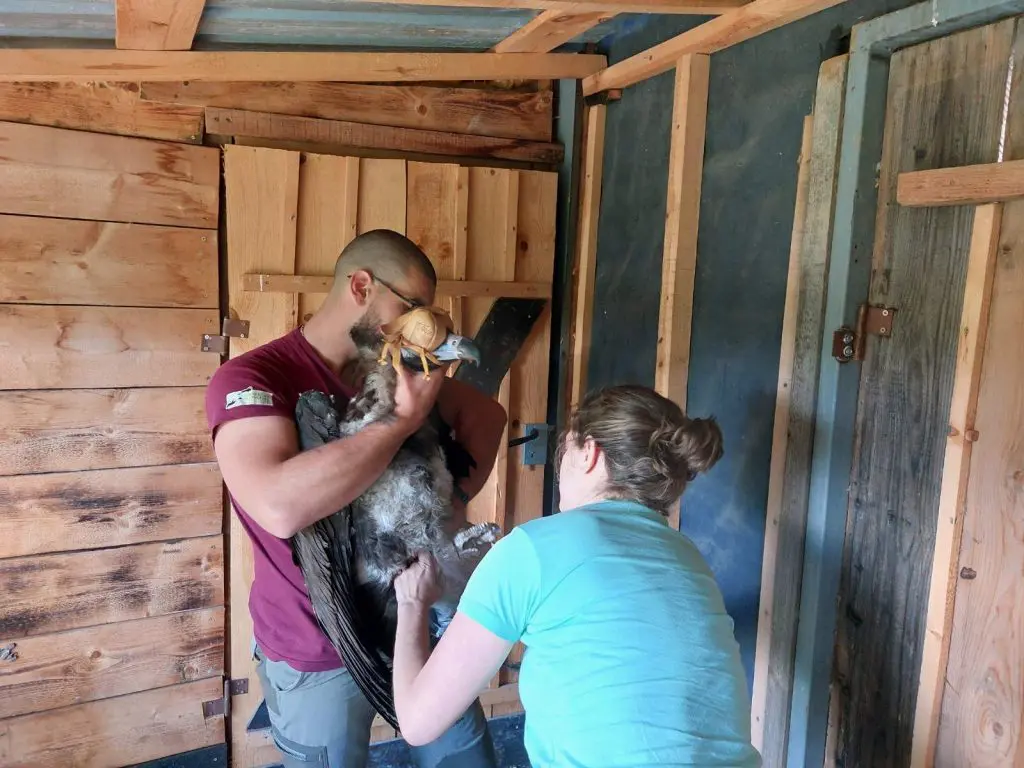The first 12 black vultures from Spain that will be reintroduced in Bulgaria are finally on the way to the Balkans. This transport is organized by the Vulture Conservation Foundation, VCF within the Life Project “Тhe Bright Future for Black Vulture” LIFE14 NAT/BG/649 (led by Green Balkans) – this projects aims to reintroduce the Black Vulture in the Central Balkan Mountains in Bulgaria. The birds will travel about 4000Km in the next 3 days by land, passing through France, Italy, Slovenia, Hungary and Romania, before arriving in Bulgaria.
All these vultures were born in the wild in Extremadura (Spain) during last year´s breeding season and were found in the wild suffering malnutrition and weakness, and then taken to the wildlife rehabilitation center of Los Hornos (Junta de Extremadura). After a period of recovery, they were transported to the wildlife rehabilitation center of AMUS (Acción por el Mundo Salvaje) for a pre-transport quarantine period.
The birds have been donated by the Regional Government of Extremadura (Junta de Extremadura), which is a partner in this project, responsible for the detailed monitoring of the black vultures in Extremadura. This is the most important Spanish region for the species, holding more than 900 breeding pairs, and thus the ideal donating population for reintroduction projects.
After arrival in Bulgaria, the vultures will spend an adaptation period in an aviary in the Balkan Mountains. Here the birds will have time to acclimatize and get used to the conditions of the Balkan Mountains – they will be released only next Spring, in one-year time. Young birds like these disperse a lot, especially if there are no conspecifics on the site, so the strategy that will be followed will be to release some individuals coming from captive-breeding this summer, which tend to fix much better to the reintroduction site, and then release the birds transported from Spain. Each of the vultures to be released will be marked with an individual colour-ring and metal ring, and with a GPS transmitter, to enable their further tracking in the wild. The VCF, together with the Bulgarian project partners, developed specific methodology for the release of these birds, based on the best practice experience with the Black Vulture reintroduction project in France (report available).
A lot of effort has already been invested in vulture conservation in Bulgaria in the last 15 years by several nature conservation NGOs: Green Balkans, the Fund for Wild Fauna and Flora (FWFF-Bulgaria), the Bulgarian Society for Protection of Birds of Prey (BPPS), Bulgarian Society for Protection of Birds (BSPB) and the VCF, all supported by the Bulgarian Ministry for Environment and Waters. The first griffon vulture reintroduction project started in 2009 in the Balkan Mountains in Bulgaria, where the species got extinct about 100 years ago. More than 250 birds have been released so far, most of them coming from Spain, but also from France and several European zoos (captive born). The first breeding attempt was recorded only four years after the first releases, and now there are about 15 breeding pairs. The Reintroduction Project of Griffon Vulture in Bulgaria was mainly implemented within the Life Project: “Vultures Return in Bulgaria” LIFE08 NAT/BG/278, led by Green Balkans, which finished in 2016.
The transport of these black vultures to Bulgaria marks an historical moment for the entire Balkan region, where this species got extinct, except for a small isolated population still surviving in continental Greece (in the NP of Dadia), counting about 25-30 pairs. This project also contributes to the implementation of the black vulture species actions plans developed recently: the European Species and the Flyway Action Plan for the Cinereous Vulture. This is indeed another step to restore the black vulture in its original distribution range and to maintain the current populations with favorable conservation status.






